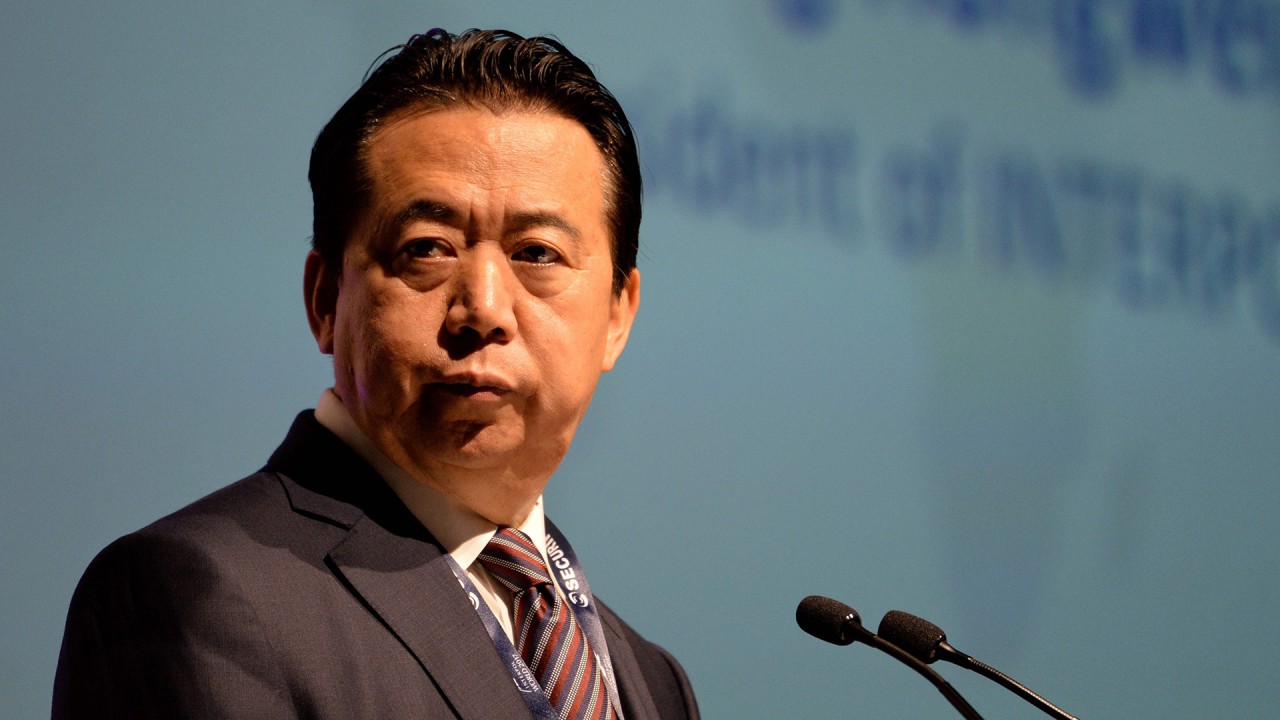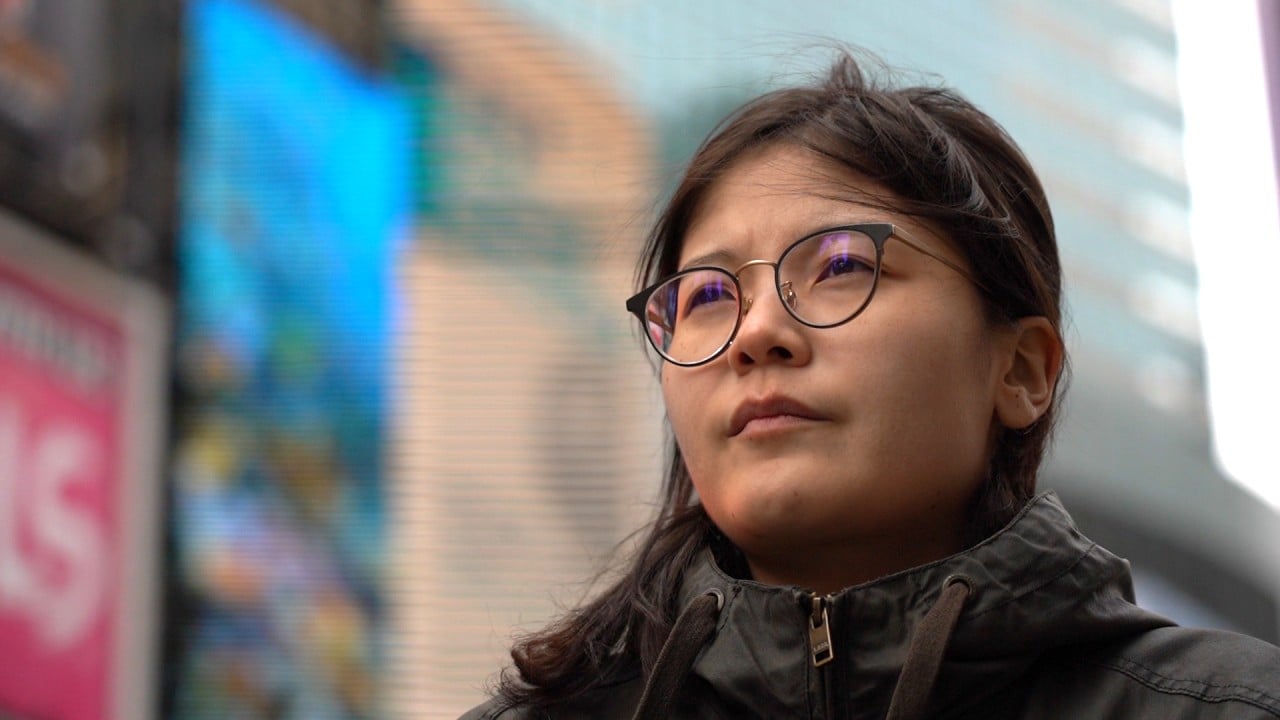
China’s nominee wins Interpol seat despite concerns of human rights groups
- The candidacy of Hu Binchen, an official in the Chinese public security ministry, was also opposed by alliance of lawmakers from 20 countries
- Election helps China use global policing body for repressive policies, endangering Hongkonger, Uygur, Tibetan, Taiwanese and Chinese dissidents, alliance says
Hu Binchen, deputy director general of the Chinese public security ministry’s international coordination department, on Thursday won one of two seats representing Asia on the body’s executive committee, Interpol said.
The incoming president was also elected during Interpol’s general assembly this week, with United Arab Emirates’ Ahmed Nasser al-Raisi winning the role, the global agency said. Praveen Sinha of India won the other Asia seat.
“It is sad to see Interpol’s member states putting a fox in charge of watching the sheep,” said Peter Dahlin, co-founder and director of human rights NGO Safeguard Defenders.
Dahlin said that Hu represented a Chinese ministry that was committing crimes against humanity through systematic use of disappearances, and worked specifically in the department responsible for chasing down alleged fugitives and repatriating them to China.
“He has no place at the table and China’s [candidate’s] election will strengthen its ability to misuse Interpol and erode trust in the organisation itself,” Dahlin said.
China’s foreign ministry said that Meng’s prosecution was entirely fair and unrelated to political persecution. By nominating Hu, China was playing its part in supporting Interpol, it said, adding that multilateral crime-fighting efforts should not be affected by politics.
China and Russia are among countries accused of repatriating dissidents through misuse of Interpol’s red notice system, which sends alerts to 195 member states. Although it does not amount to an official arrest warrant, countries often detain individuals for whom a red notice has been issued.
The Inter-Parliamentary Alliance on China (IPAC), which ran a campaign to oppose Hu’s nomination, said it was deeply concerned by his election and reiterated its call for all governments to revoke extradition treaties with mainland China and Hong Kong.
Interpol secretary general Jurgen Stock on Wednesday defended the red notice system, saying his organisation respected human rights and had a task force to review every request to ensure compliance with its rules – but added that it was also reliant on those requesting the alerts.
“Member countries also have a role to play, because they have a responsibility for the data they provide to us,” Stock said.



